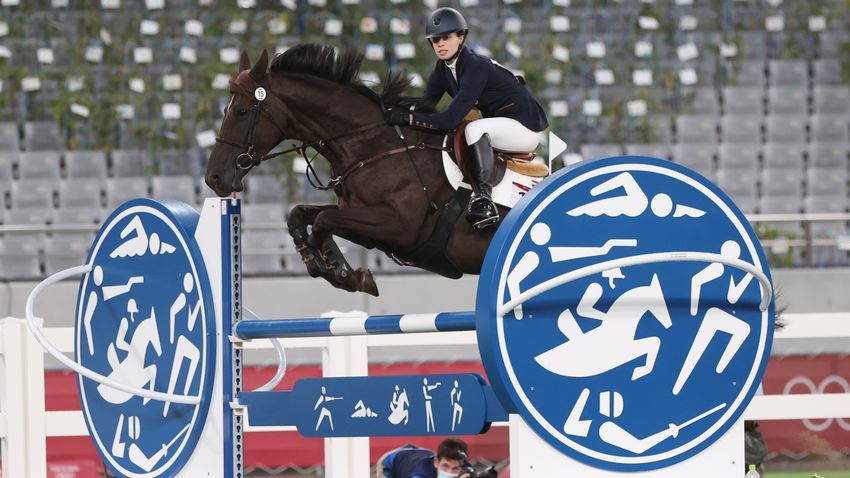In November last year, the English newspaper Guardian announced that the governing body of the UIPM approved the reform of the quintet, which provides for the abolition of horse riding, in a secret ballot. At the time, according to the first news, the bicycle was the possible relay sport, but then there was talk, among others, of wall climbing and e-sports. In recent months it had already emerged that the obstacle course could be the real solution, but the official decision has only now been made.
The initial rumors after the UIPM executive committee announced last November that after the 2024 Paris Olympics, equestrianism would no longer be part of the sport, and then the congress – despite fierce international and Hungarian protests – left it to the its place. According to the explanatory statement, without the reform, the pentathlon’s place in the Olympic program would have become uncertain.
In a sign of this, the executive body of the International Olympic Committee (IOC) announced in December that, along with weightlifting and boxing, the pentathlon is not included in the preliminary program of the Los Angeles 2028 Olympics, but could still be if certain conditions are met. The IOC General Assembly took a similar stance in February.
The UIPM let it be known in May that it was start the obstacle course test as part of the process at the end of which the manege will be replaced with a new number after the Paris Olympics. For the new issue, four test races were organized which consisted, among other things, of holding on to a rope, crawling and advancing on a beam.
István Gallai, general secretary of the Hungarian association, pointed out to MTI that there were several speakers in favor of the steeplechase, jr. For example, Juan Antonio Samaranch, first vice president of the UIPM, underlined that “if we don’t vote today for the new sport, we have no chance of returning to the Olympic programme”. The decision has also been made, furthermore, the obstacle course is to be introduced to the world competitions of juniors and younger age groups as early as next year.
– We spoke out against this, and several people stood up for us – said István Gallai. – Many competitors will be juniors or first-year adults during the Paris Olympics, such as Michelle Gulyás in Tokyo, and then race in the five-ring pentathlon with fewer world races under their belt. This will happen before the eyes of the world and could represent another risk factor for sport.
However, the decision has been made.
Cover photo: In Tokyo, even Michelle Gulyás’ chance of a medal disappeared during the race (Photo: Nemzeti Sport/Hédi Tumbász)


